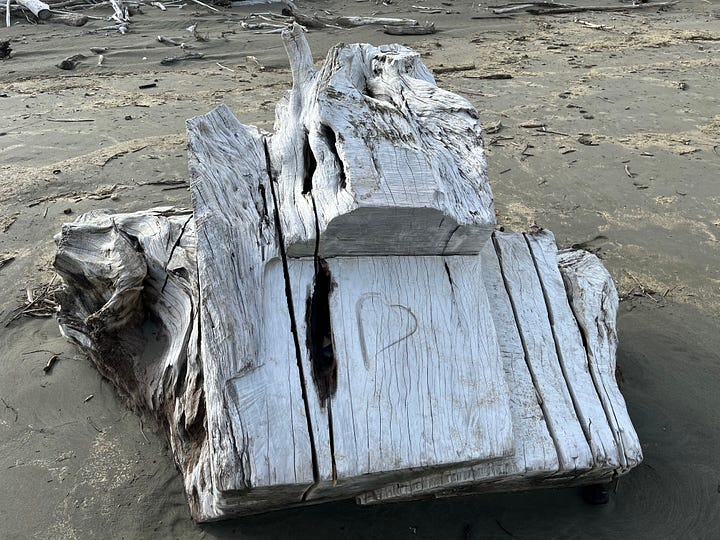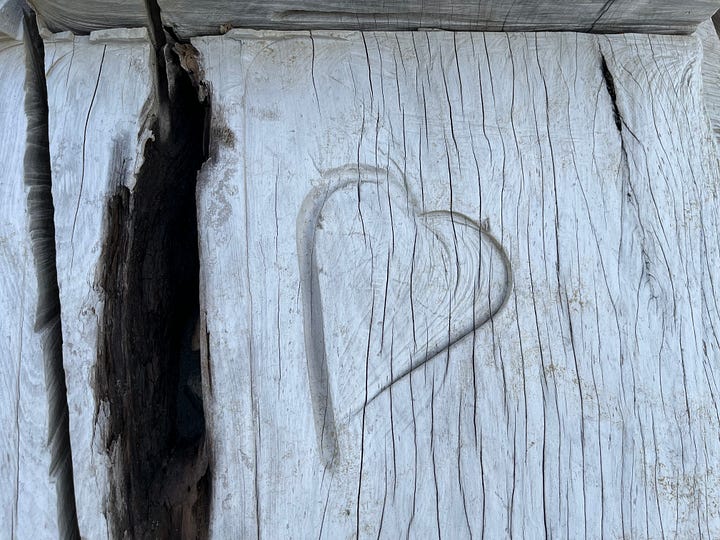Interactions
Play is full of the kind of interactions between self and world that have everything to do with learning.
I want to tell you that in the novel Second Place by Rachel Cusk, there’s this bit near the start that I can’t get out of my head
“If you have always been criticised, from before you remember, it becomes more or less impossible to locate yourself in the time or space before the criticism was made: to believe, in other words, that you yourself exist. The criticism is more real than you are: it seems, in fact, to have created you. I believe a lot of people walk around with this problem in their heads, and it leads to all kinds of trouble – in my case, it led to my body and my mind getting divorced from each other right at the start, when I was only a few years old.”
And I want to tell you that … there’s a kid who comes to mind who told me one day that schools are littered with what she called “closed-off learners” – learners who have constructed nice little protective barriers so the constant ‘you can do better’ feedback doesn’t hit where it hurts so much anymore (hint, it still hurts).
And I want to tell you about … the intelligent, troubled and troublesome 16 year old kid who told me that every day she came to school feeling like a dumb rock because the only way to show you weren’t dumb was to do what the teacher told you, how they told you, when they told you. And how some days she’d cry when she got close to school because no-one was interested in how she thought, let alone helping her see the power in it.
And I want to tell you how … when I read the book Beautiful Failures by Lucy Clark, all the illusions I held about what worked in teaching, and what learning is, broke into a million pieces.
And in telling you these things, you’ll probably nod your head. But will anything change? I see kids continuing to have their identity shaped by criticism, our schools are still littered with closed-off learners, kids still come to school crying because they feel dumb when they’re not, and more books like Lucy’s will be written.
So instead, I will tell you about …
… how this past couple of weeks Peka Peka beach has been wild, and that wildness has brought with it sea foam, its scamperingness capturing me, challenging me, inspiring me to race and dash and leap across the beach.
… and how that racing and dashing and leaping has turned driftwood from an obstacle into a partner – something to head for, spin around, touch and spring from.
… and how, as I was spinning off the top of one of the pieces looking for a place to plant my foot, I saw this


And that made me stop and smile and wonder: who, where, when?
And how, in seeing this, I felt really lucky.
And my imagination ran away with a story.
Just imagine if I’d been merely walking with Pluto, fulfilling my dog owner obligation. I’d likely have closed myself off from seeing that heart carved in wood and missed out on imagining the story that came to mind when I wondered who, where, when. Yep, imagine if I’d merely been walking on the beach with Pluto. Trudge, trudge, trudge into the wild, wild, wild, looking forward to turning around at an early halfway mark and having it easy on the way back, the wind at my back, eyes straight ahead, focused on the end. Nature – either my foe or my servant, nothing more. How dumb is that?
You know what I really want to tell you? Don’t be scared by people who say ‘they’re just playing’. Leave them to see life as a job, full of headwinds and drudgery. Leave them to think people are improved with criticism.
You, you’re better off playing. Better off finding the inspiration around you and accepting its challenge. Better off being open to being surprised by what’s around you. Better off having beauty stop you in your tracks.
And aren’t your kids too?
Play is full of the kind of interactions between self and world that have everything to do with learning: the kid who gets inspired, accepts the challenge, is open to surprise, who can see and focus on beauty when they’re playing … well, that’s the same kid whose brain becomes used to attending to these things. These are the kids who find themselves through positive interactions with the world.
Practice makes perfect, right?
And so, remember, play isn’t about LEGO and wooden blocks, sticks and swings. It’s about our senses, about how our body interacts with the world around us, about how that works on our mind, and about how all three work together to help shape who we are.



